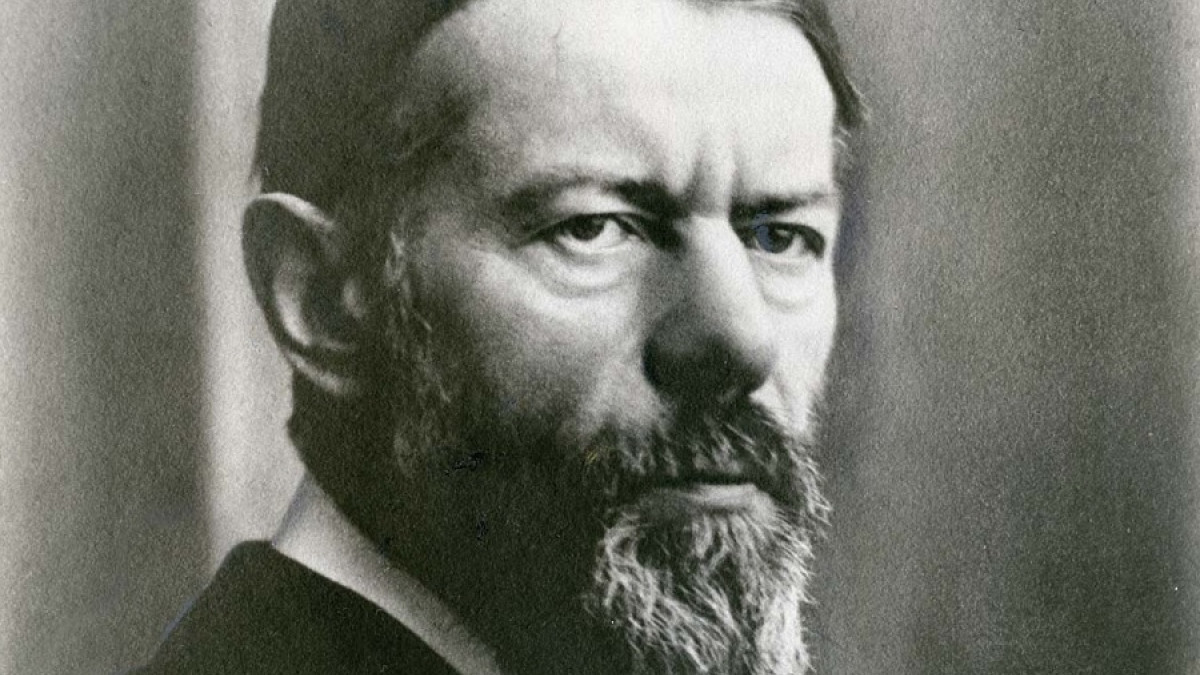
Jean Bodin, a renowned figure in the field of political philosophy, is often hailed as one of the most influential thinkers of the 16th century. His profound insights on sovereignty, law, and governance have shaped the way we understand and analyze political systems. While Bodin’s work may not be as widely known as some of his contemporaries, such as Machiavelli or Hobbes, there are some extraordinary facts that make him a fascinating figure to delve into. From his diverse range of interests to his significant contributions to the study of economics, religion, and witchcraft, this article will explore nine extraordinary facts about Jean Bodin that shed light on the depth and complexity of his legacy.
Key Takeaways:
- Jean Bodin was a French scholar with diverse knowledge in law, history, and classics. His influential work on political theory and absolute monarchy shaped modern governance systems.
- Despite his controversial views on slavery and witchcraft, Jean Bodin’s ideas continue to be studied and debated, influencing modern legal systems and political ideologies.
Early Life and Education
Jean Bodin, a prominent French jurist and political philosopher, was born in 1530 in Angers, France. He received a well-rounded education, studying law, history, and Greek and Latin classics. His extensive knowledge would later shape his influential works.
Pioneering Legal Scholar
Bodin is widely regarded as a pioneering figure in the field of legal scholarship. His most famous work, “Les Six Livres de la République” (“The Six Books of the Republic”), published in 1576, provides an extensive analysis of political theory, sovereignty, and the nature of law. It had a profound impact on the development of political science.
Advocate for Absolute Monarchy
One of Bodin’s most controversial beliefs was his advocacy for absolute monarchy. He argued that a strong central authority with unchecked power was necessary for maintaining social order and stability. This notion greatly influenced the political ideologies of his time and beyond.
Influence on Witchcraft Trials
Bodin’s writings on witchcraft and demonology played a significant role in the proliferation of witchcraft trials during the 16th and 17th centuries. His book, “De la Démonomanie des Sorciers” (“On the Demon-Mania of Witches”), published in 1580, fueled the fears and superstitions surrounding witchcraft, contributing to the persecution of countless innocent individuals.
Versatile Career
Bodin’s accomplishments extend beyond his contributions to political theory. He also held various positions, including diplomat, lawyer, and judge. His diverse experiences allowed him to gain firsthand insight into the complexities of governance and law.
Advocate for Religious Tolerance
In contrast to his support for absolute monarchy, Bodin also advocated for religious tolerance. He believed that individuals should have the freedom to practice their own religion without fear of persecution. This stance reflected his awareness of the religious conflicts of his time.
Influence on Modern Legal Systems
Bodin’s works laid the foundation for the development of modern legal systems across Europe. His emphasis on the supremacy of the law and the separation of powers greatly influenced the principles of constitutionalism and the rule of law.
Controversial Views on Slavery
While Bodin made significant contributions to political and legal thought, he held controversial views on slavery. He believed that certain groups, such as Africans, were inherently inferior and could be enslaved. These views have been widely criticized and discredited in modern discourse.
Enduring Legacy
Despite the controversies surrounding some of his beliefs, Jean Bodin’s ideas and writings continue to be studied and debated by scholars. His influence on political theory, legal scholarship, and the development of modern governance systems remains significant.
Conclusion
Jean Bodin was an influential figure in the field of political science and philosophy. His contributions to the study of sovereignty, law, and governance continue to be highly regarded by scholars and researchers. From his work on religious tolerance to his theories on absolute sovereignty, Bodin’s ideas have had a lasting impact on the development of political thought.
Whether you are a student of political science or simply interested in learning more about the influential figures of the past, exploring the life and ideas of Jean Bodin can provide valuable insights and deepen your understanding of political philosophy.
FAQs
Q: Who was Jean Bodin?
A: Jean Bodin was a French jurist, political theorist, and philosopher who lived during the 16th century. He is known for his work on sovereignty and the nature of power in the state.
Q: What were some of Jean Bodin’s notable contributions?
A: Jean Bodin’s notable contributions include his theory of sovereignty, his advocacy for religious tolerance, and his exploration of the relationship between law and politics.
Q: What is the significance of Jean Bodin’s theory of sovereignty?
A: Jean Bodin’s theory of sovereignty argued for the absolute power of the state and the notion that the ruler has the ultimate authority over the laws and governance of the land. His ideas greatly influenced the development of modern political thought.
Q: How did Jean Bodin contribute to the concept of religious tolerance?
A: Jean Bodin advocated for religious tolerance and believed in the importance of allowing individuals to practice their own faith without persecution. His ideas paved the way for the recognition of religious freedom as a fundamental human right.
Q: What is the relevance of Jean Bodin’s work in today’s world?
A: Jean Bodin’s work continues to be relevant today as it addresses fundamental questions about the nature of power, governance, and individual rights. His ideas provide a framework for understanding and analyzing political systems and their impact on society.
Was this page helpful?
Our commitment to delivering trustworthy and engaging content is at the heart of what we do. Each fact on our site is contributed by real users like you, bringing a wealth of diverse insights and information. To ensure the highest standards of accuracy and reliability, our dedicated editors meticulously review each submission. This process guarantees that the facts we share are not only fascinating but also credible. Trust in our commitment to quality and authenticity as you explore and learn with us.
